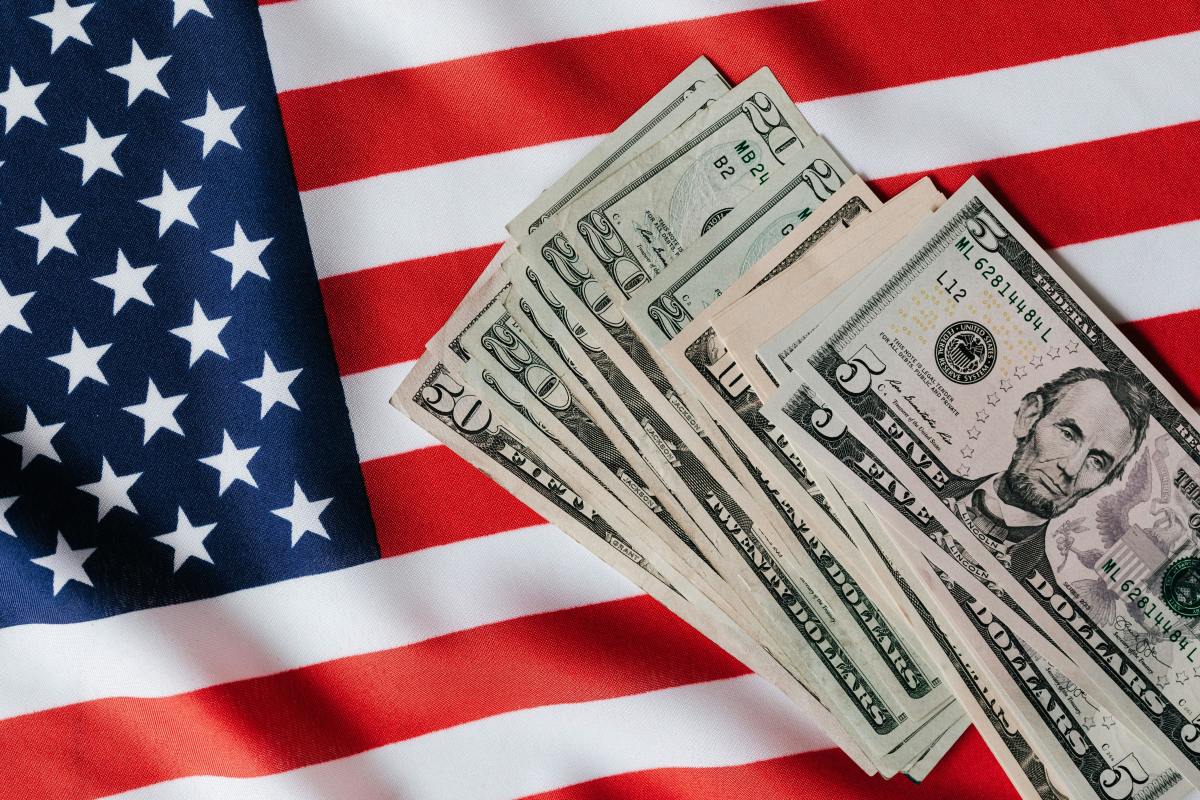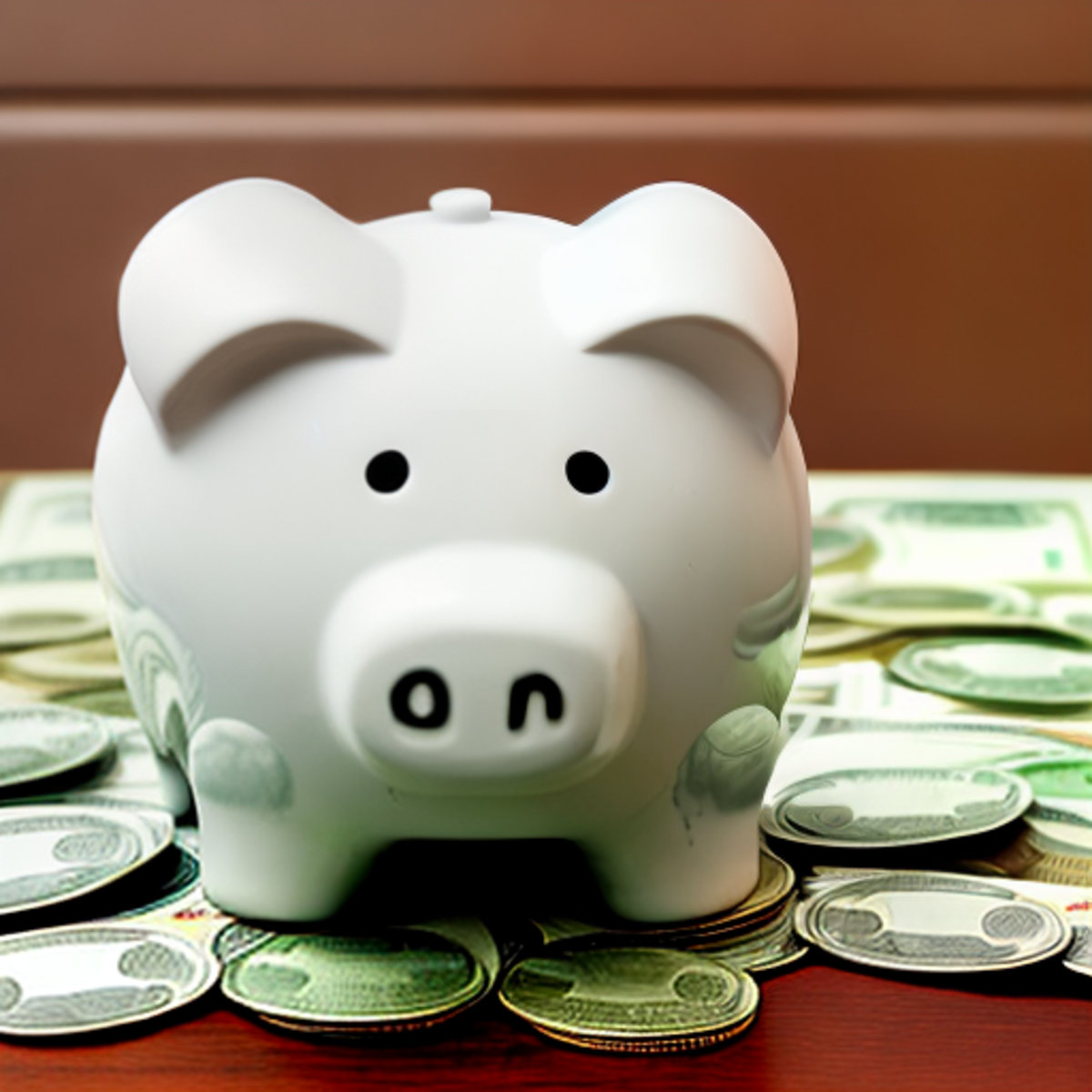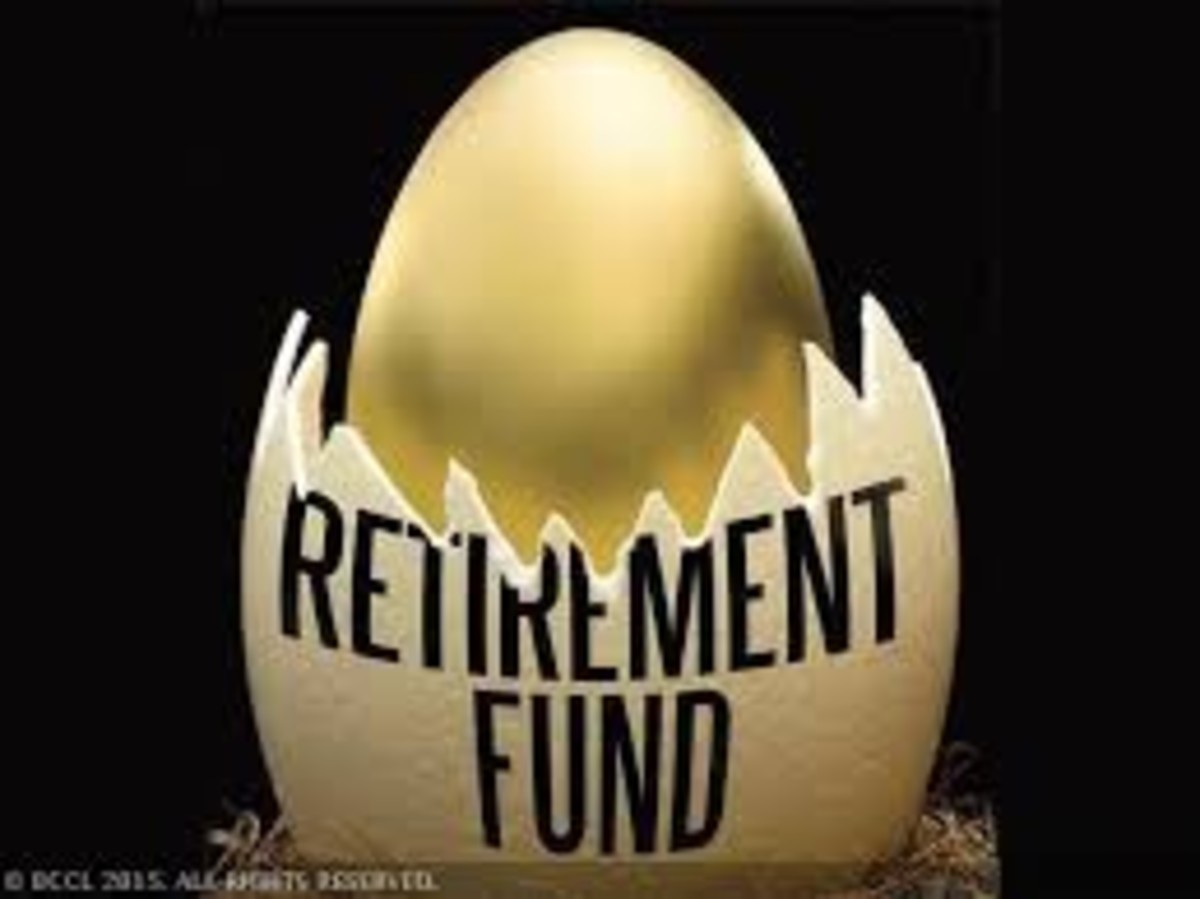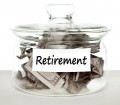Retirement Planning -Plan Now, Play Later!
Plan Early So That You Can Enjoy Your Retirement Years!

Retirement Dreams
Ask people under the age of 50 what they think retirement will be like, and you're likely to hear, "I'm going to do a lot of traveling. I'll have time to spend on things I love like painting or woodworking. I'm going to build a boat. I'm going to build a cabin by the lake. I'll spend winter's in a tropical climate." Wonderful dreams, but these dreams will only become reality for those who plan and save for their retirement years while they are young.
You're Never Too Young to Plan for Retirement
For many in their twenties or thirties who are starting out on their first real jobs, saving for retirement is the very last thing on their minds. They are caught up in settling themselves into their careers, buying cars or houses; traveling or paying off their student loans. Retirement is 30 or more years away. There’s plenty of time, they think.
It’s true that retirement is a long way off for a thirty year old, but what is also true is that the sooner one begins saving for retirement, the less painful it is. By starting now, your money has time to grow and compound. When there are 30 years between the initial investing and the withdrawals, there's plenty of time to weather the ups and downs of the stock market and the economy.
Save Now for a Bigger Nest Egg Later
Most financial planners say that you will need 70-80% of your pre-retirement earnings in retirement. While retirement earnings will include social security benefits and company pensions, a substantial amount of retirement income usually has to come from individual savings and investments. It is wise to start saving a small amount each paycheck as soon as you have a regular paycheck because money saved early has that many more years of growth. Historically, the stock market averages about a 6.8% increase over time. To be on the conservative side, it is safer to assume a 4% increase per year when calculating growth of stocks.
How much easier it is to save $200 a month now than it is to try to save $500 a month twenty years from now!
Build Retirement savings
- If you start saving $200 a month starting when you are 25, you'll have an accumulation of $236,000 when you are 65 years old if you put the money into a retirement account with 4% return.
- Over a period of 60 years, the average 30 year return on the DOW has been 5.55%, so potentially a $200 monthly investment could grow to $352,879 in 40 years if invested in the stock market. Of course, this involves some risks in a fluctuating market. Your risk tolerance needs to be determined before investing in stocks.
- If, at age 25, you start putting $286/month into a retirement fund invested in stocks with a 4% return, you have a potential of having $500,00 by the time you are 65.
- If you only start saving when you are 40, you would have to save $1,147/month to have $500,000 by age 65 (assumes a 4% return). Savings invested in lower return accounts like CDs or savings accounts would require higher monthly payments.
- Money you save pretax through your company retirement plan is usually worth more because you do not have to pay income tax on it until you withdraw it from your retirement account. For most people, this will be at a lower tax rate. It's also easier to part with this money because you never see it!
Social Security Isn't Enough
Social security, even if it were not on shaky ground, can only provide a portion of the actual income needed to support retirees. Additional income from IRAs, ROTH accounts or 401K accounts are necessary in order to have a comfortable retirement.
Begin Planning for Retirement in Your Twenties or Thirties
Even in your twenties or thirties, it's not too early to outline a basic plan for retirement. Most people don't know what they'll be doing in thirty or forty years, but you can count on this: You'll need money in order to maintain a comfortable lifestyle. The closer you are to retirement, the more detailed your financial plan should be.
For example: If you are thirty and getting established in your career, you may not be able to spare much cash to put into a retirement fund, but even if it's $25 or $50 a week, it's a start. Have it automatically deducted from your paycheck in before-tax dollars and put into your 401K.
You'll be getting two benefits:
- You reduce your taxable income
- You'll be increasing your retirement fund.
If you work for a company that matches your contribution, you receive even another benefit as every dollar you contribute is worth double. It's free money!
Financial Plan for Retirement
For one reason or another, many of us do not start saving for retirement until retirement is looming only 20 or 25 years away. It still sounds like a long time, but if you only start saving for retirement when you are 40 or 45, you will have to make much larger contributions in order to build a reasonable retirement fund.
There are many good retirement calculators to be found on the internet that can help you determine if your retirement saving plan is on target.
Retirement Poll
Are you planning for retirement?
Ask Yourself These Questions About Retirement
In addition to savings, it is good to think about some other aspects of retirement. Here are some questions about retirement you should ask yourself:
- When do I want to retire? Do I want early retirement (before 62) or will I work until full retirement age 65+ ?
- Will my house be paid off, or will I still carry a mortgage? Can I afford a mortgage and taxes on my retirement income?
- Where will I live? Will I remain in my current home or will I downsize to a smaller or less expensive house or apartment? Will I want to relocate to an area with a lower cost of living or a better climate?
- How much money will I need? What percent of my current salary will I need to live on?
- What about health Insurance? If I retire before I can get Medicare (65) what kind of health insurance can I get, and how much will it cost?
- What will I do with my time after I retire? Will I work part time? Will I spend time traveling? Will I do volunteer work? Will I spend time with my hobbies like painting, writing, reading, woodworking, and fishing? Will I be able to afford my hobbies?
- Will I have to support children or elderly parents after retirement? When I retire, will my children be on their own, or will I have to support them? What about my elderly parents? Will I need to contribute to their support and care?
As you answer these questions, you will get a better idea of what your needs and wants will be in your retirement years. The kind of lifestyle you hope to have during retirement will be a determining factor in the amount of savings you should accumulate during your working years.
What You Should Do In Your Fifties
Retirement Looms Closer!
If during most of your working years, you have contributed a reasonable amount (10-15% of your salary) to your retirement funds, by the time you reach your 50's, you will have a tidy sum accumulated. It is in your 50's when Retirement looms with a capital "R". If you have always hoped to retire by the time you were 62, as soon as you could collect Social Security benefits, now is the time to rethink your priorities for retirement. The good thing is that most people in their 50's are earning their peak income. If you examine your retirement funds, do the standard calculations, and find that you will not have enough to enjoy an early retirement, now is the time to really ramp up your retirement savings. Here are some things you can do in your 50's to prepare for retirement:
- Put the maximum amount of pretax money into your 401K in order to gain the maximum matching funds from your employer.
- Contribute the maximum allowable amount to your ROTH IRA. ROTH contributions are after tax money, and withdrawals from your ROTH will not be taxable later.
- Pay off or reduce your home mortgage and outstanding loans or credit card balances,
- Reduce spending so that you are able to enter retirement debt free as much as possible.
Compare Current to Retirement Income and Expenses
Current Income Annually
| Retirement Income Annually
| ||
|---|---|---|---|
Salary
| Social Security
| ||
Interest & Misc. Income
| Retirement Withdrawal
| ||
Interest & Misc. Income
| |||
Total Current Income
| Total Retirement Income
| ||
Current Expenses
| Retirement Expenses
| ||
Car Expenses
| Car Expenses
| ||
Clothes
| Clothes
| ||
Credit cards and loans
| Credit cards and loans
| ||
Entertainment & Dining out
| Entertainment & Dining out
| ||
Groceries
| Groceries
| ||
Hobbies, clubs etc.
| Hobbies, clubs etc.
| ||
Housing
| Housing
| ||
Insurance
| Insurance
| ||
Medical & Dental
| Medical & Dental
| ||
Misc. Exp.
| Misc. Exp.
| ||
Taxes
| Taxes
| ||
Utilities, Phone, Cable
| Utilities, Phone, Cable
| ||
Total Current Expenses
| Total Retirement Expenses
| ||
Use a Spreadsheet to Compare Current Income and Expenses to Expected Income and Expenses in Retirement. Add rows for more detail as needed.
What to do Five Years Prior to Retirement
Examine Present and Future Income and Expenses
By the time retirement is only five years away, you will have a good idea of what your retirement accumulation will be. You also have a few years to stash away some extra cash and do some fine-tuning of your current expenses. A good way to start planning is to take a look at your current expenses and income and your expected expenses and income after retirement. Make a comparison chart like the one above to help you understand your present vs. future finances. By doing this, you will see if your retirement savings are on target, or if you need to save more. You will also get an idea of how much difference, if any, there will be in your financial needs in retirement. Many people cut expenses in retirement by downsizing their homes, eliminating a vehicle, cutting back on expenses associated with their work. There may be other areas where you will spend less, though you may want to spend more on travel and leisure activities. Be realistic about what you want in your retirement years and also what you will be able to afford.
Enjoy Life Before and After Retirement!

Plan for Retirement, But Don't Forget to Enjoy Life Now
One Last Piece of Advice
Retirement is drawing near. In 5 or 7 years, you'll be retiring from your job to pursue a new lifestyle. My last very important piece of advice is this:
Don't forget to enjoy life now, too!
If you are active and healthy, go out and do things. Have some fun. Do a little traveling. Play once in a while. Plan for retirement, but don't focus all of your energy on retirement. Life can change in an instant, so don't wish your present life away for one in the future.
Life is good RIGHT NOW!
Live it!
~~~~~~~~~~~~~~~~~~~~~~~~~~~~~~~~~~~~~~~~~~~~~~~~~~~~~~~~~~~~~~~
Copyright ©2011 Stephanie Henkel
Useful links
- Social Security Administration's Free Retirement Benefits estimator: http://www.socialsecurity.gov/estimator/
- Life Expectancy Calculator: To estimate how much money you need, you have to estimate your life expectancy. This is the University of Pennsylvania Wharton's School life expectancy calculator: http://gosset.wharton.upenn.edu/~foster/mortality/
- Retirement calculators:
T.Rowe Price Retirement calculator: https://www3.troweprice.com/ric/ricweb/public/ric.do - Fidelity Quick Check Retirement calculator: http://personal.fidelity.com/planning/retirement/quick_check.shtml.cvsr
Retirement Planning
Retiring to Full Time RVing
- RV Full Time ~ Live On Less
Full time RVing is a way of life for over 1.5 million people. By necessity, people in living in their RVs carry fewer possessions with them and, if they are frugal, they can live on far less than it costs to live in a house or apartment. Here are som - The RVing Lifestyle: Living full time in an RV
To some, the concept of living full time in an RV, might seem crazy. People who suddenly decide to give up their homes, sell or store their belongings, pull up stakes and hit the road with the intention of living and traveling in their rigs full...










